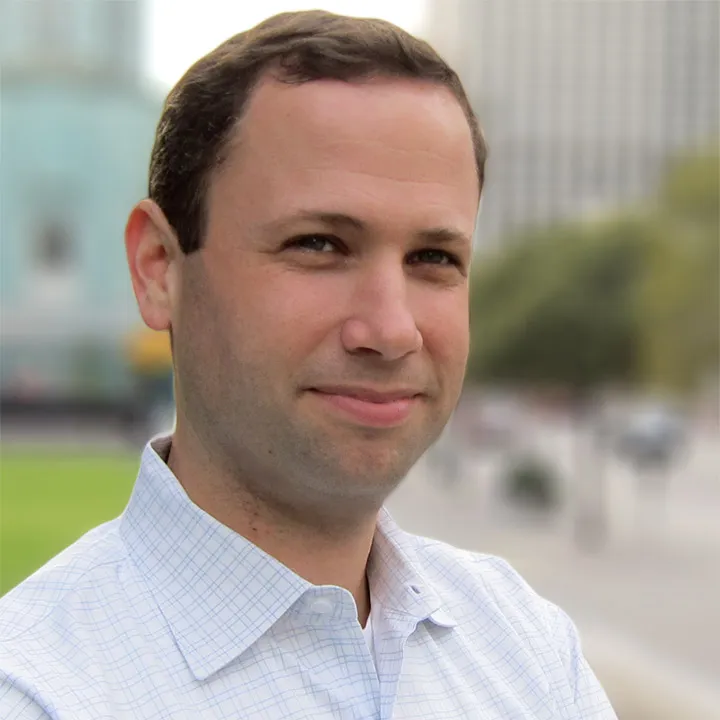Jonathan Nettler has lived and practiced in Boston, Washington D.C., San Francisco, New York, and Los Angeles on a range of project types for major public, institutional, and private developer clients including: large scale planning and urban design, waterfront and brownfield redevelopment, transit-oriented development, urban infill, campus planning, historic preservation, zoning, and design guidelines.
Jonathan is a member of the American Institute of Certified Planners (AICP) and serves on the Board of Directors for the Los Angeles section of the American Planning Association (APA) as the Vice Director for Professional Development. He is also active in local volunteer organizations. Jonathan's interests include public participation in the planning and design process, the intersection between transportation, public health and land use, and the ways in which new ideas and best practices get developed, discussed, and dispersed.
Jonathan previously served as Managing Editor of Planetizen and Project Manager/Project Planner for Ehrenkrantz Eckstut & Kuhn (EE&K) Architects. He received a Master of Arts degree in Architecture from the University of California, Los Angeles and a Bachelor of Arts degree in History from Boston University.
Ideas Unveiled for Prime D.C. Parcel
The three finalists vying to redevelop 67-acres of Walter Reed Army Medical Center in Northwest Washington unveiled their vastly different visions for the historic site in public presentations this past week.
Unlocking the Curb Conundrum: How to Solve Our Parking Crisis
For Alan Durning, curb-parking territoriality is the root cause of many of America's urban ills, from housing affordability to economic vitality. He describes the circumstances that've led to the current state of affairs and introduces the way out.
How Moscow Came to Recognize, and Protect, Its Green Spaces
When people think of Moscow, they're unlikely to envision lush green landscapes. But over the last two decades, thanks to a burgeoning environmental movement, the city has rapidly expanded its protected green space.
Reclaiming the Commons Through Civic Participation
As the Occupy Movement, Gezi Park protests, and everyday urban reclamation projects demonstrate, power and politics are embedded in place. As public spaces disappear, reclaiming the commons becomes increasingly important, say Leo Hollis.
8 Steps to Creating Vibrant Retail Streets
Tasked with developing a plan for how D.C.'s underperforming neighborhoods could improve their attraction to shoppers and retailers, consultants Streetsense whittled down hundreds of factors into an 8-step guide to creating vibrant retail streets.

























